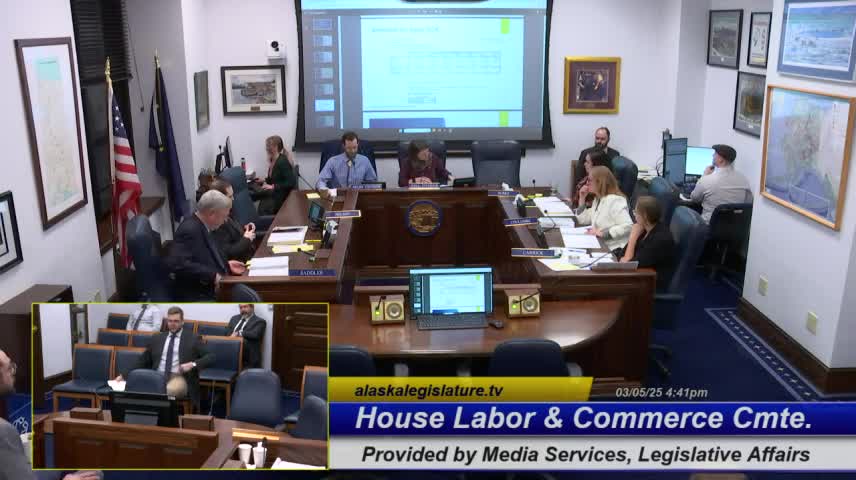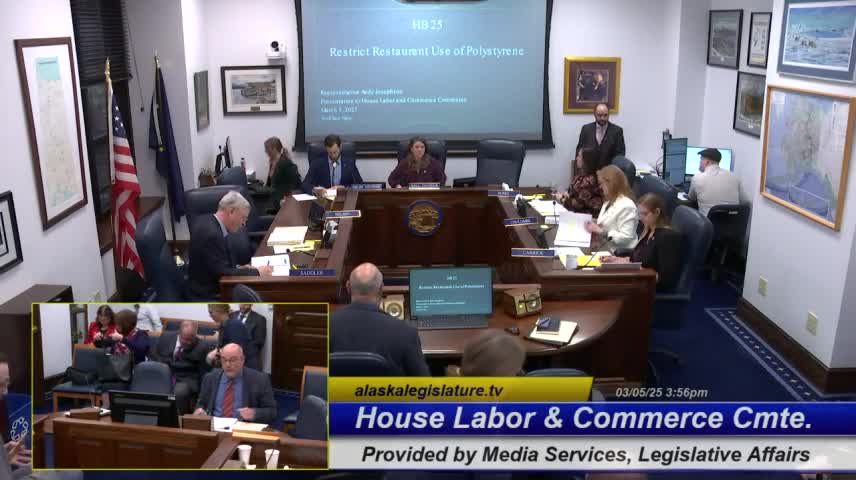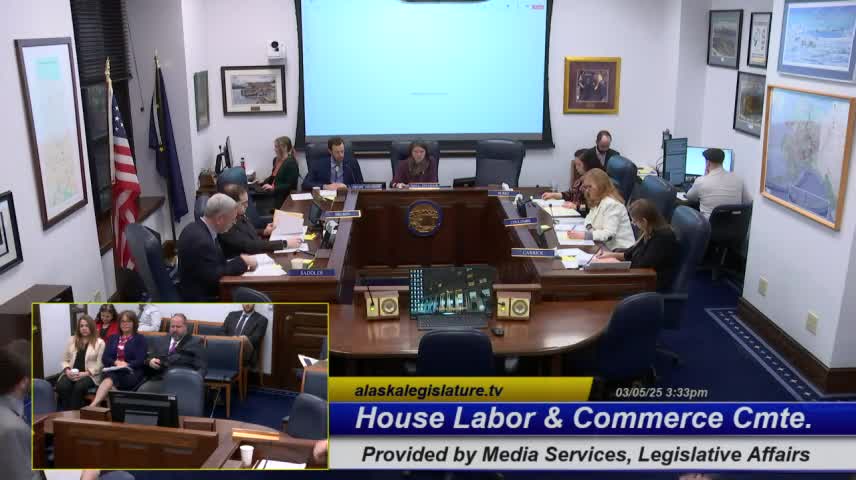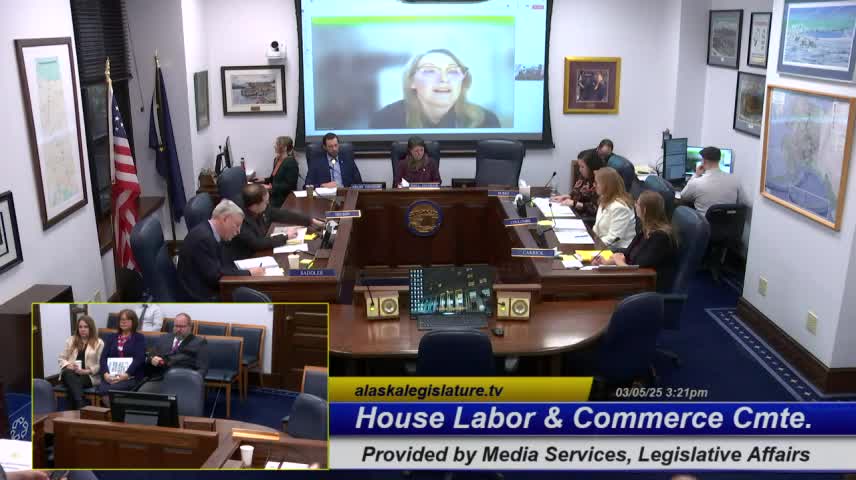Article not found
This article is no longer available. But don't worry—we've gathered other articles that discuss the same topic.

Committee amends and reports out small‑business tax exemption bill after three amendments

Sponsor urges statewide ban on polystyrene food service ware; committee sets amendment deadline

Committee adopts substitute for money‑transmission bill, raises maximum civil penalty and sets amendment deadline

